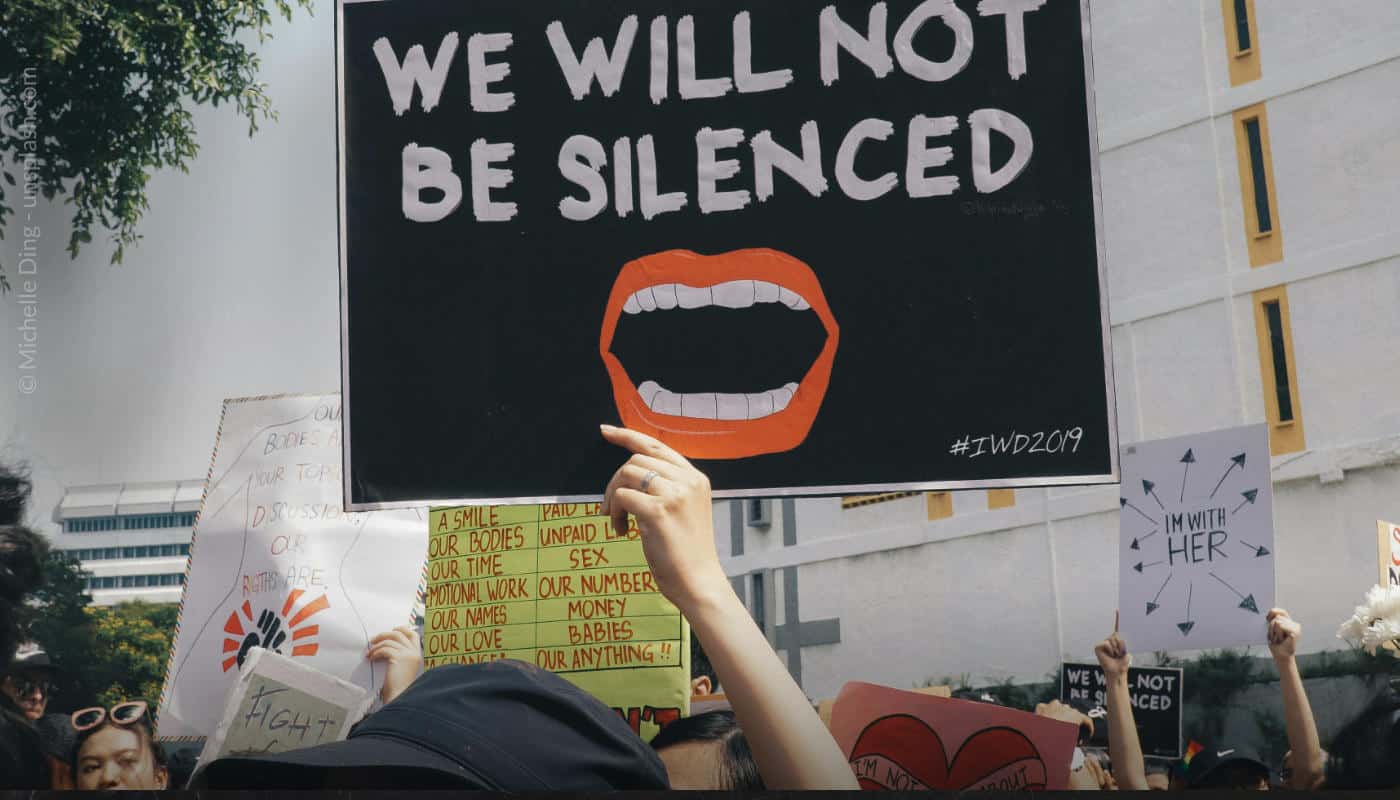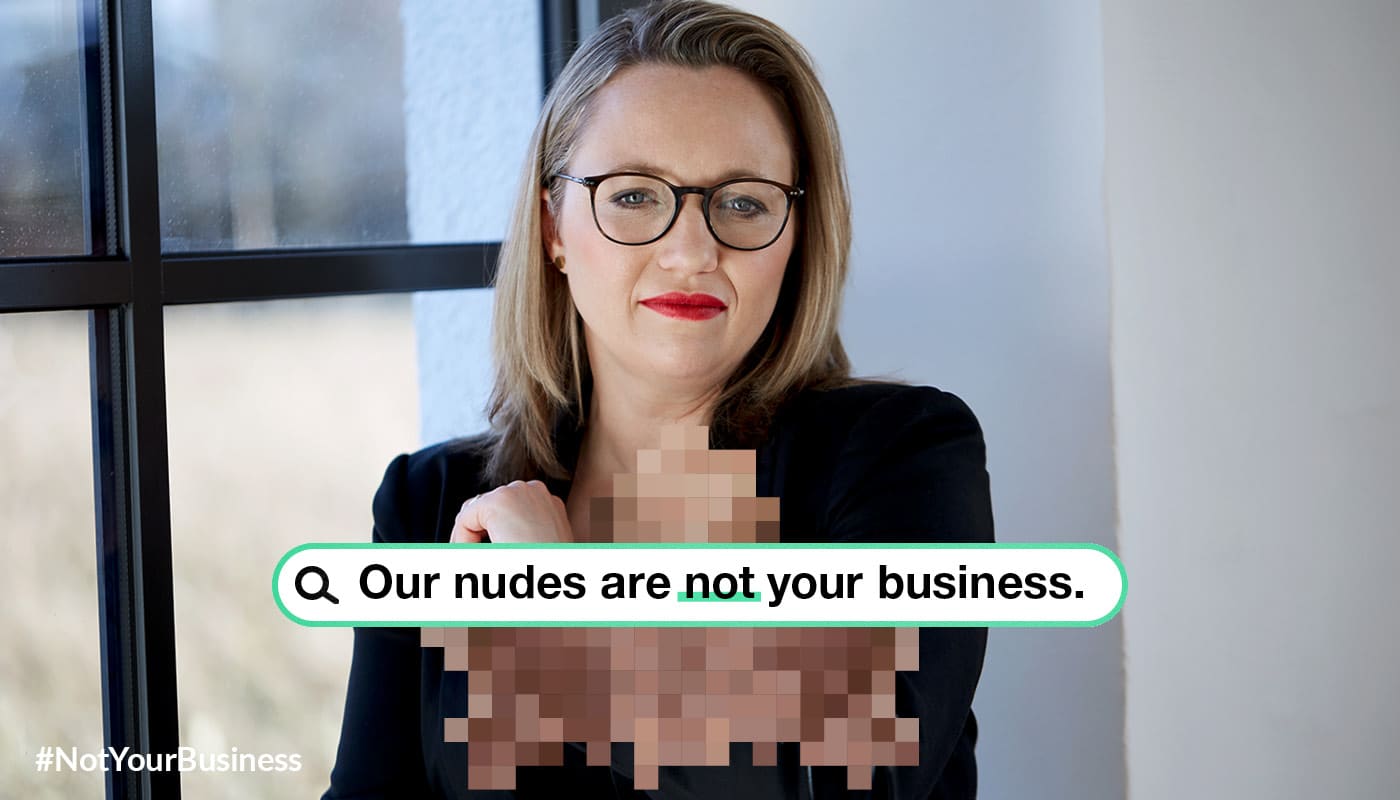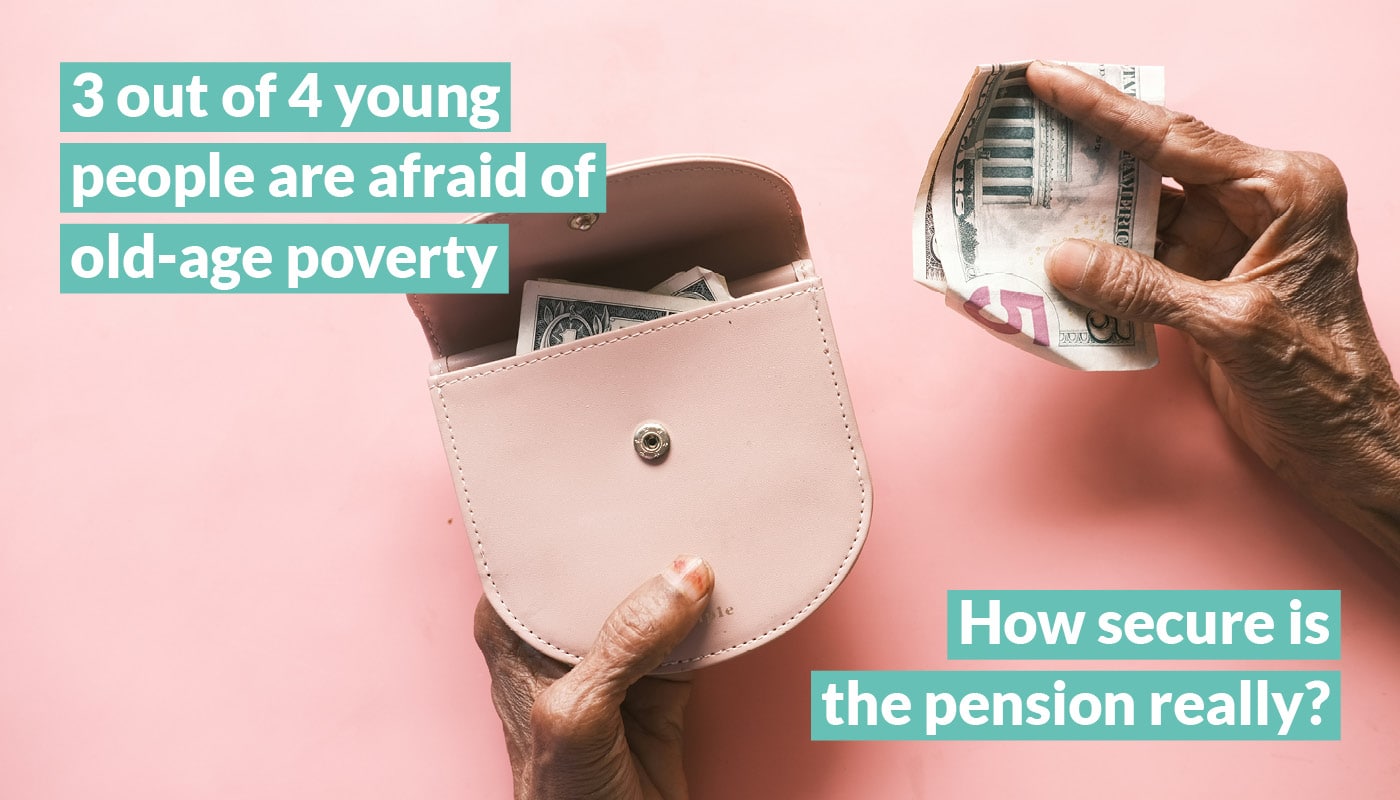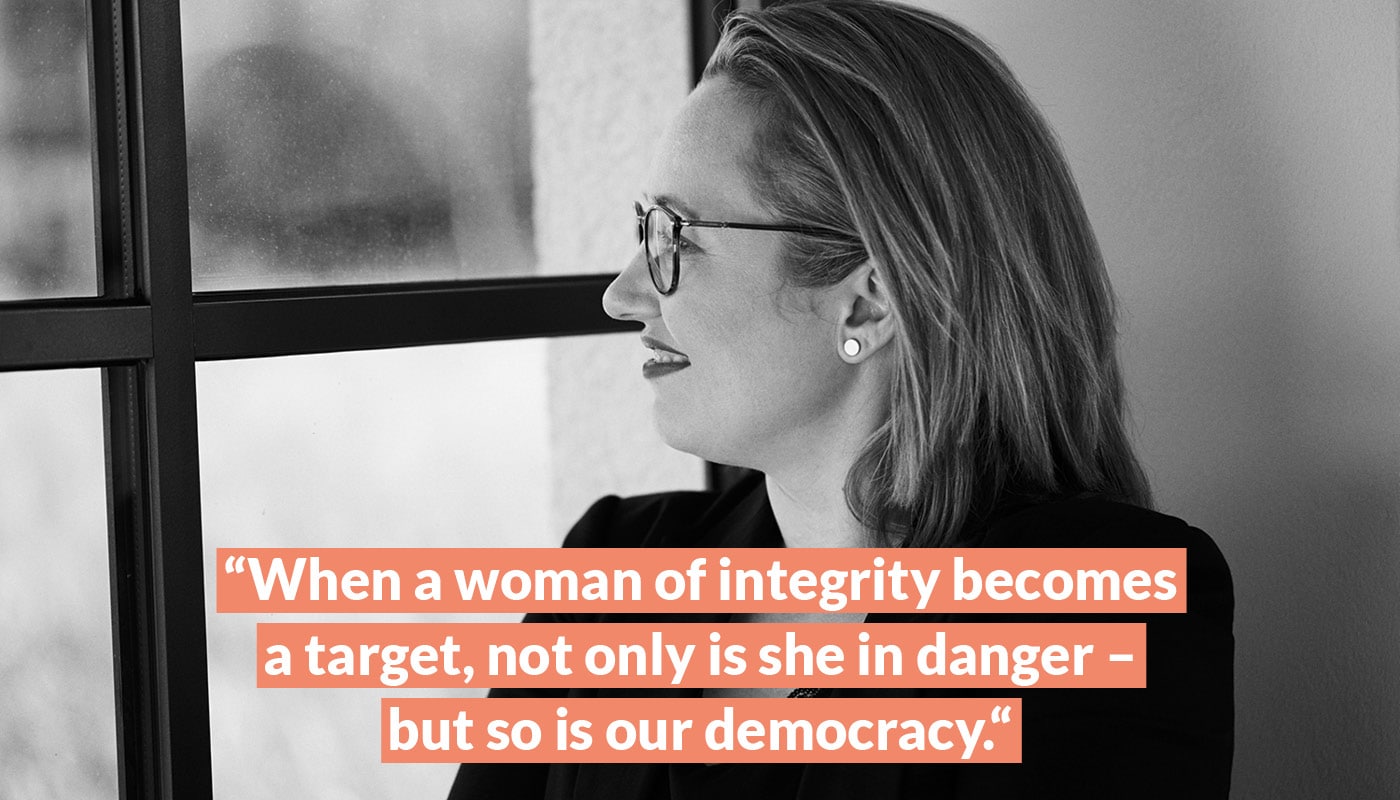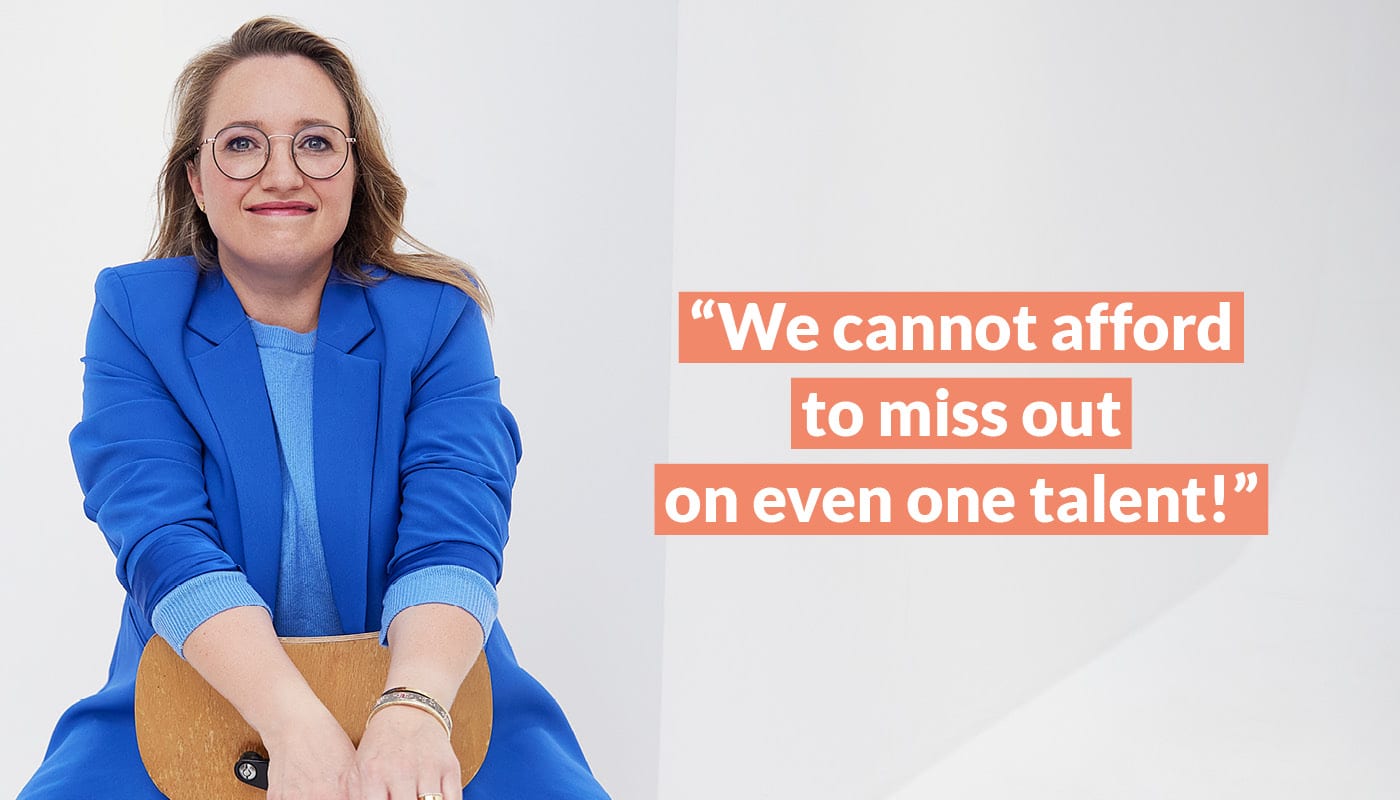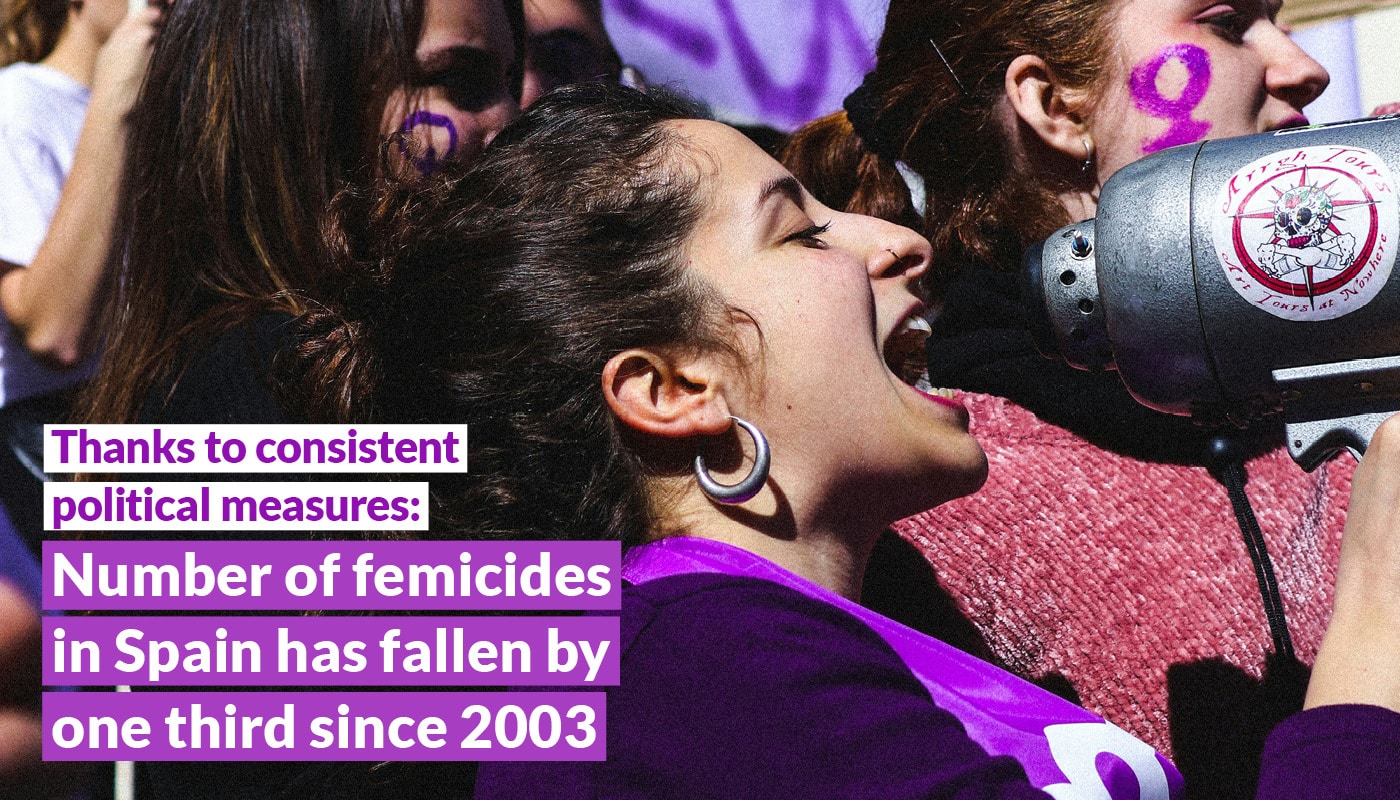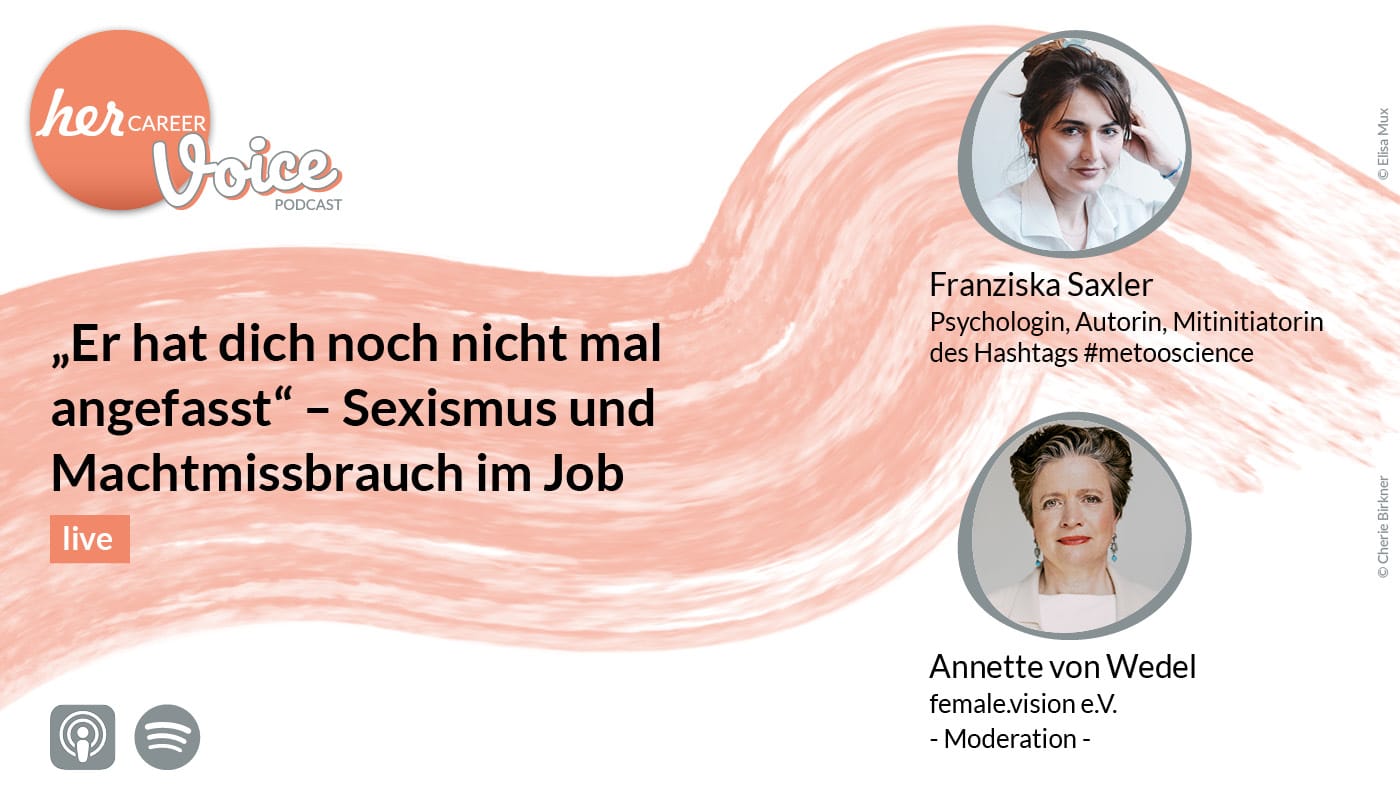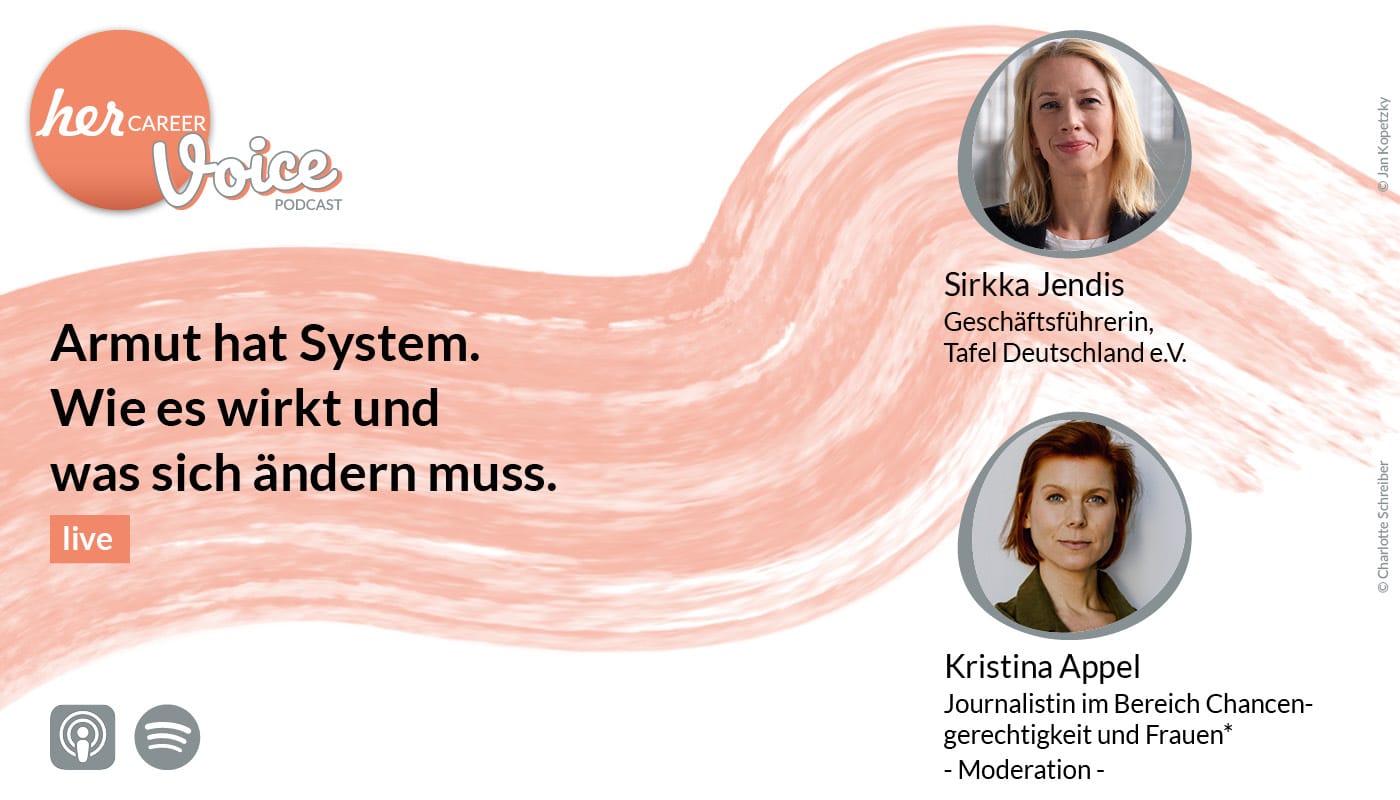The World Economic Forum (WEF) has published its Global Gender Gap Report 2024.
“The Global Gender Gap Index annually benchmarks the current state and evolution of gender parity across four key dimensions (Economic Participation and Opportunity, Educational Attainment, Health and Survival, and Political Empowerment). It is the longest-standing index tracking the progress of numerous countries’ efforts towards closing these gaps over time since its inception in 2006.”
The Global Gender Gap Index measures the respective value (Gap Score) on a scale from 0 to 100, indicating the percentage of the gap closed – essentially the distance covered towards parity. 100% would signify full gender equality.
On a global average, the gap is 68.5% closed, representing an improvement of 0.1% compared to the last report. Germany remains among the top 10 (out of 146) countries in 2024 but has dropped one position compared to the last report, now ranking 7th – behind Nicaragua.
Here are the top 10 countries, with the rounded Gap Score in parentheses:
1. Iceland (93%)
2. Finland (87%)
3. Norway (87%)
4. New Zealand (83%)
5. Sweden (81%)
6. Nicaragua (81%)
7. Germany (81%)
8. Namibia (80%)
9. Ireland (80%)
10. Spain (79%)
The WEF breaks down the overall index into the aforementioned four subindices (“key dimensions”).
Here, Germany performs very differently:
It is not surprising to find the following insights: In terms of economic participation globally, women make up 42% of the workforce but hold only 31.7% of leadership positions. The gap is particularly wide in the fields of Artificial Intelligence and STEM (Science, Technology, Engineering, and Mathematics).
“At this rate, economies will achieve global gender parity in 134 years,” the report concludes. “This shifts the goalpost to 2158 as the anticipated year for closing the gender gap – roughly five generations beyond the 2030 Sustainable Development Goal (SDG) target.”
And WEF Managing Director Saadia Zahidi writes on LinkedIn: “While there have been some areas of improvement, progress towards gender parity remains too slow. There’s an urgent need for renewed commitments to closing the global gender gap – particularly in the economic and political spheres. Simply put, we cannot wait until 2158 for parity. The time for decisive action is now.”

Posted by Natascha Hoffner, Founder & CEO of herCAREER, WiWo columnist, LinkedIn TOP Voice 2020, W&V 2019 – 100 Köpfe
published on LinkedIn on 27.06.2024
References:
- https://finance.yahoo.com/video/global-gender-parity-gap-may-151947617.html
- https://www.zdf.de/nachrichten/politik/deutschland/wef-bericht-gleichberechtigung-geschlechter-deutschland-100.html
- https://www.weforum.org/publications/global-gender-gap-report-2024/digest/
- https://www3.weforum.org/docs/WEF_GGGR_2024.pdf
